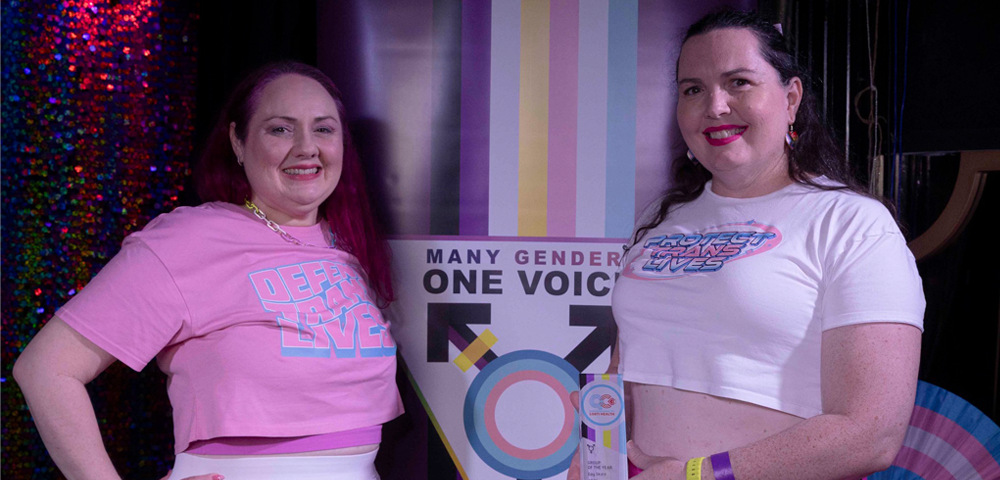
Ugandan LGBTIQ activists arrested, subjected to anal examinations

Ugandan authorities have arrested sixteen LGBTIQ activists on suspicion of gay sex and subjected them to forced anal examinations after being detained last week.
The sixteen men, aged between 22 and 35, were originally taken into custody last Monday to protect them from a homophobic mob that surrounded the office of sexual health charity Let’s Walk Uganda located near Uganda’s capital, Kampala, where they worked and lived.
However, the men were then arrested under Uganda’s strict anti-gay laws which punish gay sex with life imprisonment, in what activists are calling an escalation in the nation’s growing homophobic sentiment.
Executive Director of Sexual Minorities Uganda (SMUG) Frank Mugisha confirmed that police had subjected the men to “forced anal examinations” on Wednesday, describing the practice as “degrading and inhumane”.
“Normally we will hear of maybe one arrest of someone from the community under these anti-gay laws in one month, but it is really unusual to see sixteen people charged like this,” he said.
Police spokesperson Patrick Onyango confirmed the arrests on Thursday and said that officers had found condoms, lubricants and antiretroviral drugs at the charity’s headquarters.
“Based on the medical examination report, it was established that the suspects were involved in sexual acts punishable under the penal code,” said Onyango.
Onyango also confirmed that the men were subjected to a “medical examination”.
Senior researcher in the LGBT rights program at Human Rights Watch (HRW), Neela Ghoshal, confirmed in 2016 that the practice of forced anal examination not only lacks evidentiary value but is also a form of cruel, painful and degrading treatment which victims experience as a form of sexual violence.
The practise often involves doctors or other medical professionals forcibly inserting their fingers and other objects into the anus of the accused.
“Forced anal exams are invasive, intrusive, and profoundly humiliating, and clearly violate governments’ human rights obligations,” she said.
“No one, in 2016, should be subjected to torturous and degrading examinations that are based on invalidated theories from 150 years ago.”
Homophobic sentiments have been reignited in the West African nation after the Ugandan Ethics Minister Simon Lokodo announced plans earlier this month to re-introduce the “Kill the Gays” bill which would impose the death penalty on LGBTIQ individuals.
Despite back-pedalling on the bill’s re-introduction after criticism from international aid donors, many Ugandan LGBTIQ people have since experienced violent hate-crimes, including the murder of 28-year-old Brian Wasswa.
Wasswa, who identified as gay and gender-nonconforming, worked as a paralegal for a legal aid organisation that supports vulnerable communities, including LGBTIQ people. He also worked as a peer educator at an independent Ugandan organisation dedicated to HIV/AIDS prevention and treatment, where he conducted HIV outreach to the LGBTIQ community.
Wasswa was bludgeoned to death with a short-handled garden hoe in his home in the eastern Ugandan city of Jinja, a two-hour drive from the capital of Kampala on October 4.









